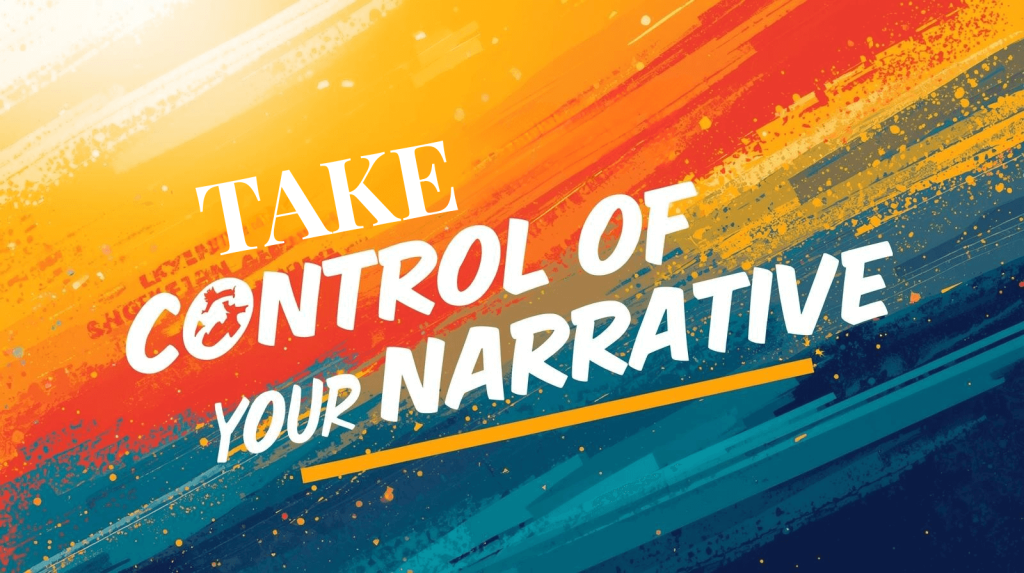Since 2008, I’ve worn many professional hats — learner, teacher, translator of ideas into action, and a coach. Through all of it, one thing has stayed constant: language and learning were never hobbies for me; they were the way I made sense of the world.
Growing up immersed in Charlotte Brontë, Jane Austen, Émile Zola, and others, I absorbed more than stories — I absorbed how words carry weight, how assertion can be gentle but firm, how clarity can open doors. That instinct for communication became my differentiator, my USP.
Today, I work with people from eight different countries. Different nationalities, different first languages, different schooling. And yet, I often hear:
“English is not my first language. I learnt it late, so I struggle with communication.”
Here’s the truth: good English is not the same as good communication.
Why “English” Is Not the Real Handicap
If you’ve worked in an MNC for over 15 years where English is the primary working language, can it still be your handicap? Think about it.
I once coached a senior leader who spoke English with a heavy accent. He would say, “People don’t take me seriously because my English isn’t good.” After a few sessions, it became clear the real issue wasn’t grammar — it was how he structured his ideas and how he avoided taking space in meetings.
Once he started framing his points in three clear steps and pausing with intention, his message landed. A month later, his manager asked him to present at a regional town hall. The English hadn’t magically changed. His narrative had.
That’s the point: it’s not the language that holds you back, but how you shape and own your story.
What Communication Really Demands
Language is just one layer. True communication includes:
- Presence — how you show up and hold attention.
- Precision — clarity in thought, structure, and choice of words.
- Power — the ability to advocate for your ideas and drive action.
- Listening & cultural intelligence — tuning into what your audience values and adapting accordingly.
- Storycraft — shaping facts and ideas into narratives people remember.
When these elements align, your words — in any accent, in any language level — become influential.
Taking Back Your Narrative
If you let “English is my weakness” define your professional identity, you hand over authorship of your story. Instead, reclaim it. Here’s how:
- Introduce yourself with purpose. Don’t just say your title. Try this structure:
- “Currently I… (present), previously I… (past), and what excites me is… (future).”
- Reframe your perceived weakness. That late start in English? It trained you to listen deeply, choose words carefully, and connect across cultures.
- Tell your transitions with clarity. Highlight your talent, your journey so far, and what you’re aiming for next.
- Anchor every message with a headline. Decide the one sentence you want remembered — and let everything else support it.
The Cost of Inaction
Here’s the risk: if you don’t own your narrative, someone else will. That means:
- Your ideas may be overlooked.
- Your potential may be underestimated.
- Opportunities may pass you by — not because you lack capability, but because your story wasn’t heard.
Your Story Is Your Power
Communication is not about flawless English. It is about clarity, connection, and confidence. The moment you stop hiding behind “language as a handicap” and start shaping your story with intention, you transform how others perceive you — and how you perceive yourself.
Your narrative is not fixed. It’s a living practice. Every introduction, every meeting, every conversation is a chance to refine it and project the leader you are becoming.
Here’s a simple exercise for this week:
- Write your one-sentence headline for who you are today.
- Use the present-past-future frame to re-introduce yourself in one meeting.
- Afterward, notice the response — you’ll see people leaning in differently.
And if you want a sounding board, share your one-sentence headline with me. I’ll help you sharpen it until it feels natural, powerful, and true.
Your story is too important to leave to chance. Own it. Shape it. Lead with it.

